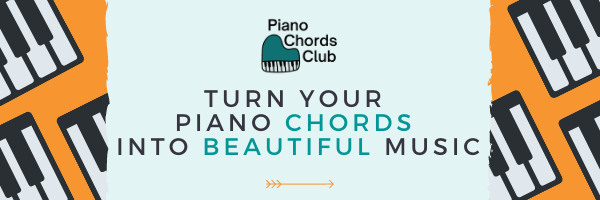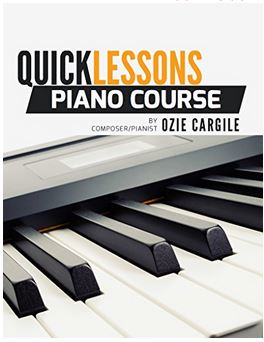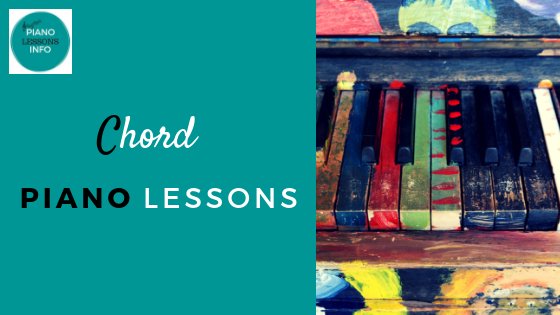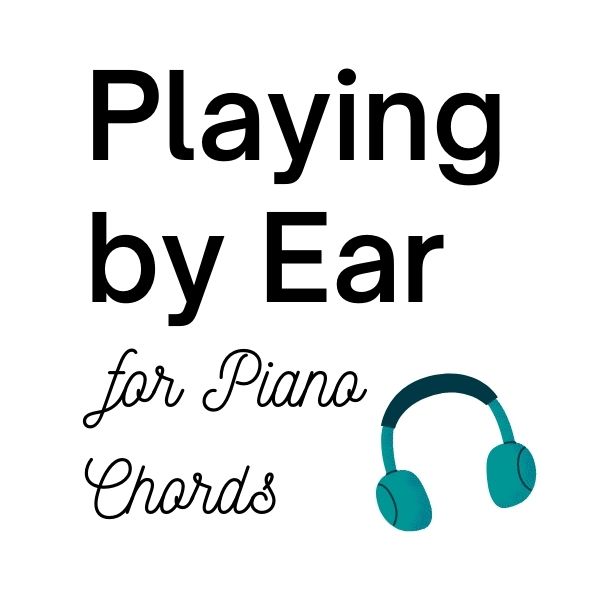What Happens To Your Brain When Playing Piano?
As you sit down at the piano, placing your fingers on the keys, there's much more happening than meets the eye. Beyond creating beautiful music, your brain is humming, growing, and transforming. Piano playing is not only fun but also a powerful catalyst for brain growth.
Let's explore what happens to your brain when playing piano.
The Neuroscience of Piano Playing
When you play the piano, your brain engages in an intricate symphony. Both hemispheres are put to work, fostering interhemispheric communication.
The right brain—responsible for creativity, intuition, and emotional perception—draws on its resources to interpret the music's emotional content and create artistic expressions.
Simultaneously, the left brain—responsible for logical thinking, language, and analytical skills—deciphers the sheet music, maintains rhythm, and directs your fingers to precise keys.
From neuroscience research, we know that this cooperation between brain hemispheres can improve problem-solving skills, enhance spatial-temporal skills, and even boost IQ. Now, that's a performance worth applauding!

The Cognitive Benefits of Piano Playing
Playing the piano is similar to an intense workout for your brain. Here are some of its cognitive benefits:
- Improves Memory and Concentration: Playing piano requires memorizing complex music pieces, improving both your short-term and long-term memory. The attention to detail necessary when reading sheet music and translating it into movement also sharpens your concentration skills.
- Boosts Multitasking Ability: Playing piano involves simultaneous tasks like reading music, timing, fingering, and pedal use. This strengthens your ability to multitask and improves your hand-eye coordination.
- Enhances Emotional Intelligence: Music is a language of emotions. As you interpret and express emotions through music, your emotional intelligence is enriched.
- Promotes Mental Well-being: Playing the piano can reduce stress and anxiety, providing a meditative escape and boosting overall mental health.
- Improves Language Skills: Research indicates that music training can improve language learning, as both skills involve perceiving and decoding complex auditory signals.
The Research
The cognitive benefits of playing the piano have been backed by numerous scientific studies. Here are some key findings from the research:
- Improved Cognitive Skills: A study published in the Journal of Neuroscience in 2012 found that young adults who underwent musical training in childhood had better neural processing compared to those without such training. These benefits persisted even if the training was not continued into adulthood.
- Enhanced Brain Structure and Function: A 2013 study published in the Journal of the American Academy of Child & Adolescent Psychiatry found that musical training can change the brain's structure and boost its functioning. Participants with musical training demonstrated better verbal memory, second language pronunciation accuracy, reading ability, and executive functions.
- Better Multitasking: A study from the University of Zurich suggested that regular keyboard players have more efficient multitasking skills due to the simultaneous activation of both brain hemispheres while playing.
- Increased IQ: A 2004 study published in Psychological Science found that children who took music lessons over the course of a year saw an increase in their IQ scores compared to children who didn't. This suggests that music lessons can have a broad impact on cognitive ability.
- Stress Reduction: Playing the piano has been associated with lower blood pressure and decreased heart rate, suggesting a potential stress-relieving effect. A study published in the Journal of Occupational Health found that playing the piano could be used as a stress-reducing activity among office workers.
- Improved Emotional Processing: A 2014 study published in the European Journal of Neuroscience found that musicians might be better at identifying and understanding the emotions conveyed in sound, suggesting that musical training might improve emotional intelligence.
This body of research strongly suggests that playing the piano can have numerous cognitive benefits, from improved memory and concentration to better multitasking ability and emotional intelligence. However, more research is needed to understand these effects fully, and individual results can vary.
What Happens To Your Brain When Playing Piano: A Note on Neuroplasticity
Neuroplasticity—the brain's ability to change and adapt—is central to piano playing's cognitive benefits. When you learn a new piano piece, your brain creates new neural connections. Over time, these neural pathways become stronger, making the piece easier to play. So, each time you practice the piano, you're literally reshaping your brain.
Another great reason to practice!

Start Playing, Start Transforming
If you're ready to embark on this cognitive-enhancing (and fun) journey, resources like Piano Lessons Info and courses available like my Piano Chords Course, offer extensive learning materials. Whether you're a beginner or looking to revisit an old passion, online platforms can guide you through the process, accommodating your pace and style.
FAQs About the Cognitive Benefits of Playing Piano
Q1: Can learning to play the piano make you smarter?
Q1: Can learning to play the piano make you smarter?
A: Research indicates that learning to play the piano can enhance several cognitive abilities such as memory, attention, and problem-solving skills, which are often associated with intelligence.
Q2: Can playing the piano help with stress?
Q2: Can playing the piano help with stress?
A: Yes, several studies have shown that playing the piano can lead to lower blood pressure and heart rate, suggesting a potential stress-relieving effect.
Q3: Can piano playing improve emotional intelligence?
Q3: Can piano playing improve emotional intelligence?
A: A 2014 study found that musicians might be better at identifying and understanding the emotions conveyed in sound, suggesting that musical training might improve emotional intelligence.
Q4: Can piano playing enhance verbal memory?
Q4: Can piano playing enhance verbal memory?
A: A 2013 study found that musical training can improve verbal memory, among other cognitive skills.
Q5: Are the benefits of piano playing limited to children and young adults?
Q5: Are the benefits of piano playing limited to children and young adults?
A: While many studies focus on children and young adults, the benefits of playing the piano can be enjoyed by people of all ages. Some research has even suggested that playing an instrument can help keep the brain sharp as we age.
Q7: Where can I learn more about piano playing?
Q7: Where can I learn more about piano playing?
A: There are many resources available for those interested in learning to play the piano. Websites such as this one, Piano Lessons Info, provide extensive information, from beginner guides to advanced lessons.
Playing the piano is a beautiful blend of art and science. It's a mind-enriching journey that nurtures creativity, boosts cognitive abilities, and enriches emotional health. So, the next time you sit at the piano, remember: each note you strike not only resonates in the air but also orchestrates a magnificent symphony within your brain. Keep playing, keep growing!
More resources:
Beginner piano lessons for kids
Recent Articles
-
Piano Notes Chart
Nov 20, 23 10:21 PM
Find a piano notes chart for treble clef and bass clef notes as well as the different types of notes. -
D Chord on Piano + Diagram, How To & Theory
Oct 24, 23 12:20 AM
Learn how to play the D chord on piano with diagram, fingering, D/A, D/F# and a theory explainer. -
Diminished Piano Chords: Chart & How to Make Them
Oct 09, 23 09:23 PM
Learn the different diminished piano chords and how to make them. Here you'll find both a diminished chord chart and an explanation.
- Home
- Buying a Keyboard
- What Happens To Your Brain When Playing Piano













